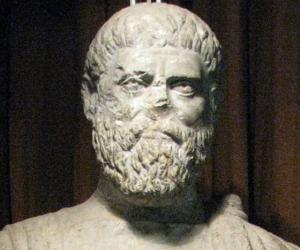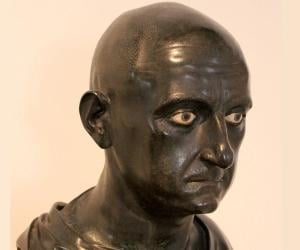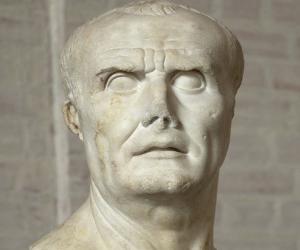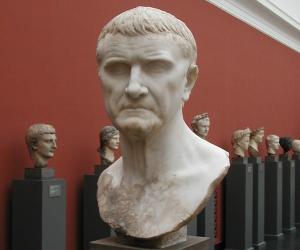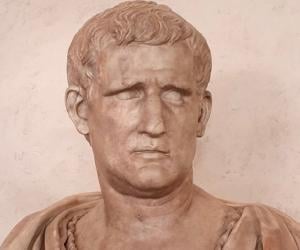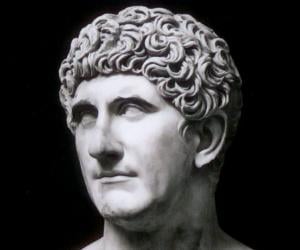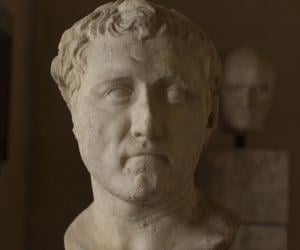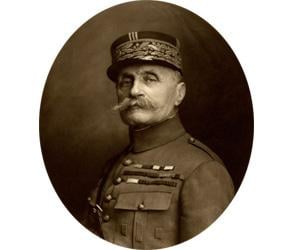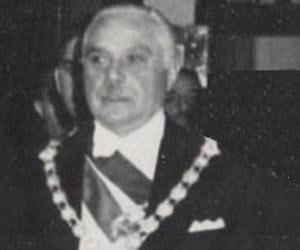Born In: Alba Pompeia, Italy
Pertinax
(Military Leader)
Publius Helvius Pertinax Augustus was a celebrated Roman general and statesman, who, in 193 CE, occupied the Roman throne for a short period. Little that we know about him comes mainly from the writings of Cassius Dio, a contemporary historian, and also from a book called 'Historia Augusta'. Born to a freed slave with considerable wealth, he joined the Roman army as the commander of the Fourth Gallic mounted cohort at the age of thirty-five, quickly distinguishing himself at the Roman-Parthian War. Thereafter, he received quick promotion, serving in various places across the Roman Empire. Eventually, he was made a senator and thereafter, continued to hold various important posts until he was proclaimed the emperor on the assassination of Commodus. As the emperor, he tried to bring in many reforms and discipline his troops. However, his reign ended within eighty-six days when a disgruntled soldier struck him down amid a heated discussion. Today, he is remembered in Roman history as one who displayed "not only humaneness and integrity in the imperial administrations, but also the most economical management and the most careful consideration for the public welfare."
Military Leaders #90
Leaders #355
10
6
